Computer Science News
New Computer Science programme with the Kharkiv National University of Radio Electronics (NURE)
The University of Warwick will launch a new Computer Science programme with the Kharkiv National University of Radio Electronics (NURE) this September. This announcement coincides with the second anniversary of the University of Warwick's official twinning with NURE (29 Mar). The full story is available hereLink opens in a new window.
Winners of the MSc prizes
The department congratulates all 2022-2023 MSc students graduating in January 2024. Extra congratulations to the winners of the following MSc prizes:
 Luisa F. Estrada Plata: Best dissertation in MSc Data Analytics & Best overall performance (MSc Data Analytics)
Luisa F. Estrada Plata: Best dissertation in MSc Data Analytics & Best overall performance (MSc Data Analytics)
 Aakash Chandnani: Best overall performance (MSc Computer Science)
Aakash Chandnani: Best overall performance (MSc Computer Science)
 Yijie Zhu: Best dissertation in MSc Computer Science
Yijie Zhu: Best dissertation in MSc Computer Science
 Weitong Liao: Best dissertation in MSc Computer Science
Weitong Liao: Best dissertation in MSc Computer Science
Outstanding MSc students
The department would like to congratulate our 2021-2022 MSc students on their end-of-year results. Additional congratulations go to the following outstanding students, who have been awarded academic prizes:
 |
|
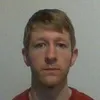 |
|
 |
|
The department's new Student Experience staff team
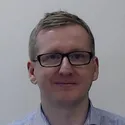
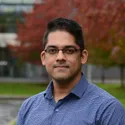
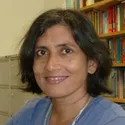 Making sure that our students have a high-quality experience in the department will be a top priority for Dr Sara Kalvala, Dr Ramanujan Sridharan and Adam Alcock. They will work with our students, the department's academic and professional services staff, and colleagues in the wider university to address issues, make improvements, and develop initiatives that will improve students' satisfaction and benefit their future careers.
Making sure that our students have a high-quality experience in the department will be a top priority for Dr Sara Kalvala, Dr Ramanujan Sridharan and Adam Alcock. They will work with our students, the department's academic and professional services staff, and colleagues in the wider university to address issues, make improvements, and develop initiatives that will improve students' satisfaction and benefit their future careers.
Welcome to our new students who have joined us this week!
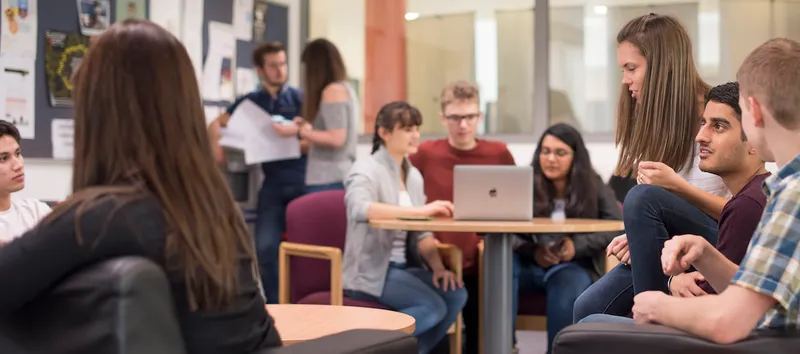
We welcome our new students who have joined the department this week and congratulate them for their excellent results prior to coming here! For the first time ever, they are joining us for a Welcome Week before lectures start next week. We are excited to have so many outstanding new students and are looking forward to seeing them become excellent Computer Scientists in the coming years!
Department of Computer Science Launches MOOC to Support Computing Teachers
The Deparment of Computer Science has launched a free online Computer Sciences course to assist teachers delivering new computing curricula. The MOOC – a Massively Open Online Course – will allow teachers to support the ongoing drive to enable school children to be active creators of computing technology rather than passive users of technology.
The course has received funding from Google and is aimed at teachers working with UK Key stages three and four. Building on material developed through Warwick’s existing work with school teachers across the UK, the MOOC will cover fundamental computing concepts and computational thinking, the Python programming language as well as the development of teaching resources.
As well as independent study, the MOOC will offer a community forum to share experiences and resources and expert real-time support on the course content.
Further information on how the Department of Computer Science is engaging with UK schools, including details of the new MOOC, can be found at http://www2.warwick.ac.uk/fac/sci/dcs/schools/.
A-Level Results 2013 - Congratulations to our New Students

We would like to congratulate our new intake of students on their outstanding exam results. The grade average for our undergraduate intake has been rising consistently in recent years, and we are delighted to report that this year looks to be one of our best.
Warwick has an excellent reputation for attracting top-quality Computer Science students. Indeed, this is one of the reasons why we enjoy excellent statistics for graduate recruitment.
